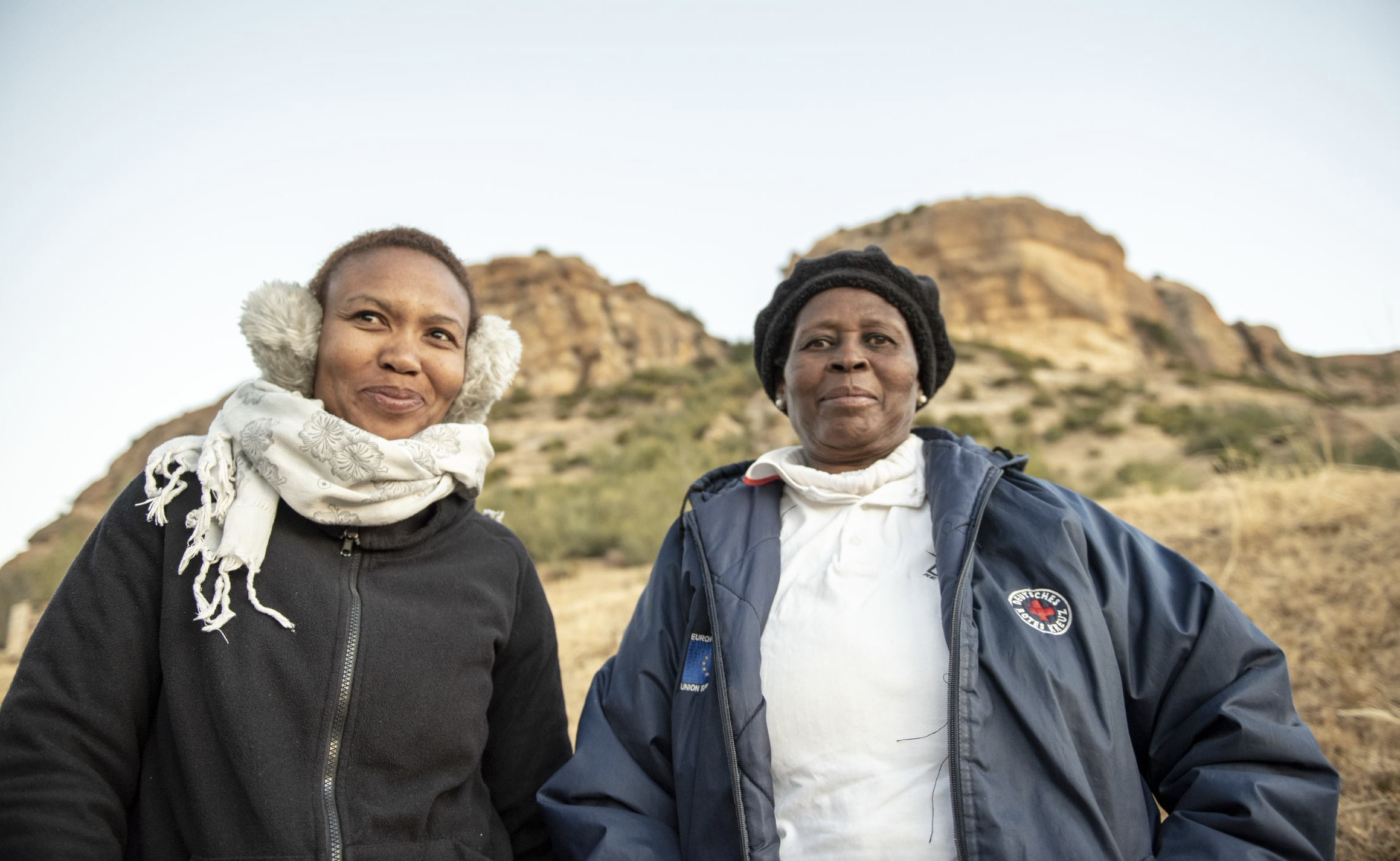The Adventist Development and Relief Agency (ADRA) of Lesotho is a faith-based organization that serves to mitigate the impact of poverty and other life stressors. ADRA works across a variety of sectors, including nutrition and food security, health, and water, sanitation, and hygiene. Health-related interventions include campaigns to bolster awareness and demand for HIV prevention services. The Faith and Community-based Initiative (FCI) is one of ADRA’s foremost projects and aims to improve HIV education and awareness within the church.
Technical Capacity Assessment
In support of the FCI, ADRA partners with faith communities to reduce stigma and enhance demand for HIV testing services. The Technical Capacity Assessment identified several gaps in ADRA’s monitoring and evaluation (M&E) capabilities, particularly regarding quality improvement (QI) and quality assurance (QA). These challenges collectively hindered the overall quality of service delivery and the ability to scale services.
A small organization, ADRA did not have a centralized M&E department or dedicated staff, leaving the partner unprepared to meet donors’ documentation and reporting requirements. The depth and quality of the documentation produced was inconsistent. ADRA thus faced challenges with data validation, and data submissions to donors had been rejected due to duplications and other errors.
Training of Trainers
To strengthen ADRA’s technical capacity at the organizational level, EGPAF provided training and supportive supervision geared toward M&E (including QA/QI assistance). The tailored curriculum combined technical knowledge with implementation experience. This allowed EGPAF to present best practices for meeting donor standards despite the partner’s resource constraints.
ADRA staff then held virtual step-down training sessions to observe COVID-19 safety measures. In meeting this need, however, the organization saw its own need for additional support in the use of virtual platforms. This sharing of expertise only reinforced the continued learning environment both within and between the organizations.
ADRA staff applied lessons from their training in remarkable ways. First, the team created a secure, centralized data filing system that makes it easy for staff to access the data they need to analyze and report. Staff then developed formal M&E and QA/QI plans which clearly tied program indicators to organizational priorities.
Supportive Supervision for Quality Improvement
EGPAF worked with ADRA to develop a supportive supervision process that would be incorporated into its QA/QI plan. This included a set of dedicated tools that ultimately improved data quality by ensuring that procedures are adhered to in the field.
The organizations also developed a weekly schedule for site visits. Since increasing its supportive supervision visits and implementing the updated supervision tools, ADRA has received no new data rejections from donors.
The organization reports that field officers have come to understand how their work determines the achievement of organizational goals. As a result, they are holding themselves to higher standards – demonstrating improved performance and greater motivation to reach potential clients.

